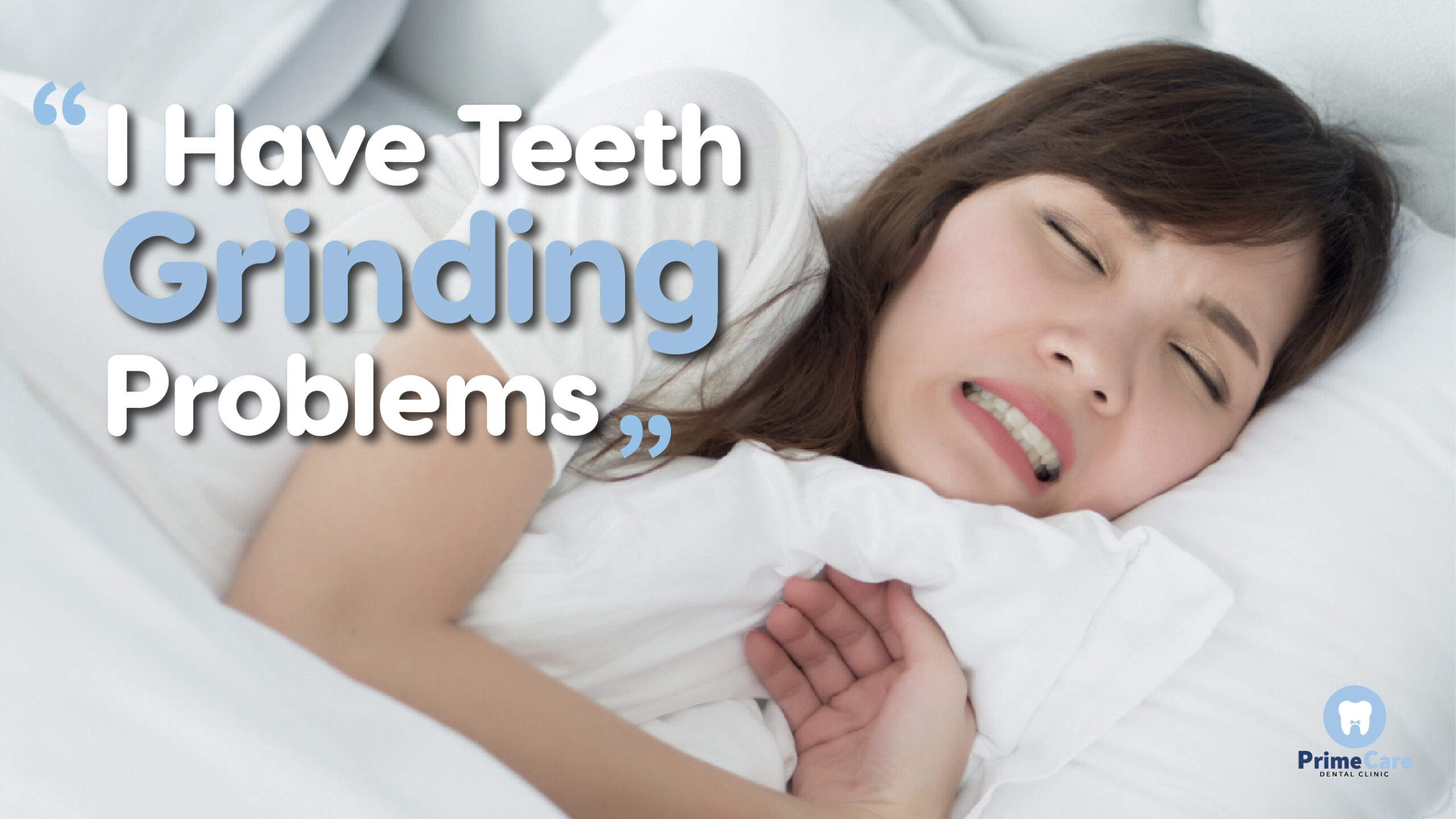Do you have Sensitive tooth? ...
Tooth sensitivity is a common dental condition that affects millions of people worldwide. It is characterized by a sharp, temporary pain or discomfort when teeth are exposed to certain stimuli such as hot, cold, sweet, or acidic foods and beverages. While tooth sensitivity is a prevalent issue, it can be managed effectively with the right knowledge and dental care practices.
My teeth are so sensitive, they have their own feelings
Tooth sensitivity often arises when the protective layer of enamel on the tooth surface becomes compromised, leading to exposure of the underlying dentin. Dentin contains microscopic tubules that connect to the nerve endings in the pulp of the tooth, making the teeth sensitive to external stimuli.
Receding gums can expose the roots of the teeth, which lack the protective enamel found on the crowns. This exposure leaves the teeth vulnerable to sensitivity as the softer dentin is now in direct contact with external stimuli.
Cavities or decay can erode the enamel and dentin, creating pathways for sensations to reach the nerves within the tooth. Maintaining good oral hygiene practices is crucial to prevent tooth decay and sensitivity.
Grinding or clenching the teeth, often involuntarily during sleep, can wear down enamel and contribute to tooth sensitivity. Using a mouthguard at night can help protect teeth from the effects of bruxism.
Consuming highly acidic foods and drinks can erode enamel over time, contributing to tooth sensitivity. Limiting the intake of acidic substances and rinsing the mouth with water afterward can help mitigate this effect.
How can I determine if I have Sensitive Tooth ?
If someone suspects they have tooth sensitivity, it’s essential to consult with a dentist for a proper diagnosis. The dentist will conduct a thorough examination, inquire about symptoms, and may perform tests to identify the cause of sensitivity. Additionally, dental professionals can recommend appropriate treatments and preventive measures based on the specific situation, helping individuals manage and alleviate tooth sensitivity effectively.
Here’s what a dentist may do to check if a person has sensitive teeth:
Clinical Examination
Review of Medical History
Discussion of Symptoms
X-rays
Visual Inspection of Gum Health
Air and Cold Tests
Probe Test
Dye Tests
Evaluation of Bite and Tooth Grinding
Sensitive Tooth
The Causes - Dr. Carmen
Fu fact – Research suggests that tooth sensitivity is more common in individuals aged 20-50, and it appears to affect women more frequently than men. Hormonal changes, particularly during pregnancy, may contribute to increased sensitivity in some cases.
"Check out this fantastic video where Dr. Carmen explains the causes of tooth sensitivity"
Three most shocking facts about sensitive tooth
(Over Brushing)
Vigorous brushing may seem like a commendable oral hygiene practice, but overbrushing can erode enamel and lead to sensitivity. A gentle brushing technique with a soft-bristled toothbrush is essential for maintaining oral health without causing harm.
(Sinus Infections)
Surprisingly, sinus infections can mimic tooth sensitivity. The proximity of the sinuses to the upper teeth can create a sensation of tooth pain. Distinguishing between sinus-related discomfort and true tooth sensitivity is crucial for accurate diagnosis.
(Acidic Foods)
While commonly associated with hot or cold stimuli, acidic foods and beverages can significantly contribute to tooth sensitivity. The erosive nature of acidity can weaken enamel, making teeth more susceptible to sensitivity.
Signs & Symptoms of Sensitive Tooth
Determining whether a person has tooth sensitivity involves considering various signs and symptoms. If an individual experiences any of the following, it may indicate tooth sensitivity.
Tooth sensitivity is often characterized by a sharp, sudden pain or discomfort in response to certain stimuli. This could include hot or cold foods and beverages, sweet or acidic items, or even exposure to cold air.
Individuals with tooth sensitivity may feel pain or discomfort when brushing their teeth, especially with a toothbrush that has firm bristles. Similarly, flossing may also trigger sensitivity.
Sensitivity can manifest as pain around the gum line or specific teeth. If the pain is localized to a particular area and is consistently triggered by certain stimuli, it could be indicative of tooth sensitivity.
Sensitivity may become more noticeable when consuming foods or drinks that are hot, cold, sweet, or acidic. Pay attention to any discomfort during or after eating these types of items.
Some individuals with tooth sensitivity may experience discomfort or pain when exposed to cold air, especially during activities such as breathing in through the mouth on a cold day.
Examine the teeth for signs of wear, enamel erosion, or visible damage. Cracks, chips, or other structural issues can contribute to sensitivity.
If the gums have receded, exposing the tooth roots, it increases the likelihood of tooth sensitivity. Check for signs of receding gums, such as a "longer" appearance of the teeth.
Individuals with tooth sensitivity may experience discomfort during dental cleanings, especially if the hygienist uses cold water or air during the procedure.


If someone suspects they have tooth sensitivity, it’s essential to consult with a dentist for a proper diagnosis. The dentist will conduct a thorough examination, inquire about symptoms, and may perform tests to identify the cause of sensitivity. Additionally, dental professionals can recommend appropriate treatments and preventive measures based on the specific situation, helping individuals manage and alleviate tooth sensitivity effectively.
🔍 question! what are the risk factor for sensitive tooth?
Several risk factors can contribute to the development of sensitive teeth. Understanding these factors can help individuals take preventive measures and address potential causes of tooth sensitivity. Here
Inadequate brushing and flossing can lead to the buildup of plaque and tartar, contributing to tooth decay and gum disease. These conditions can result in enamel erosion and expose the dentin, leading to sensitivity.
Brushing too hard or using a toothbrush with stiff bristles can wear down enamel and contribute to tooth sensitivity. It’s essential to use a soft-bristled toothbrush and practice gentle brushing techniques.
Regular consumption of acidic foods and drinks, such as citrus fruits, sodas, and certain types of wine, can erode tooth enamel over time, making teeth more susceptible to sensitivity.
Clenching or grinding the teeth, especially during sleep, can wear down enamel and expose the dentin, leading to increased tooth sensitivity. A nightguard may be recommended to protect the teeth.
Receding gums expose the roots of the teeth, which lack the protective enamel found on the crowns. This exposure can lead to increased sensitivity, especially to hot and cold temperatures.
Tooth sensitivity is more common in certain age groups, particularly between the ages of 20 and 50. As individuals age, the likelihood of experiencing tooth sensitivity may increase.
Cavities and decay can compromise the structure of the tooth, leading to sensitivity. Regular dental check-ups are essential to detect and address tooth decay early.
Some dental procedures, such as teeth whitening treatments or the placement of dental crowns, may cause temporary sensitivity. However, this usually resolves on its own.
Cracks or fractures in the teeth can expose the dentin and lead to sensitivity. Trauma or biting down on hard objects can contribute to cracked teeth.
A diet lacking in essential nutrients, particularly calcium, can affect overall dental health and increase the risk of tooth sensitivity.
Certain medical conditions, such as acid reflux or gastroesophageal reflux disease (GERD), can introduce stomach acids into the mouth, contributing to enamel erosion and sensitivity.
Subscibe on our Youtube ...
Join us as we explore the world of dentistry, providing you with valuable insights, tips, and expert advice to maintain a healthy and confident smile.